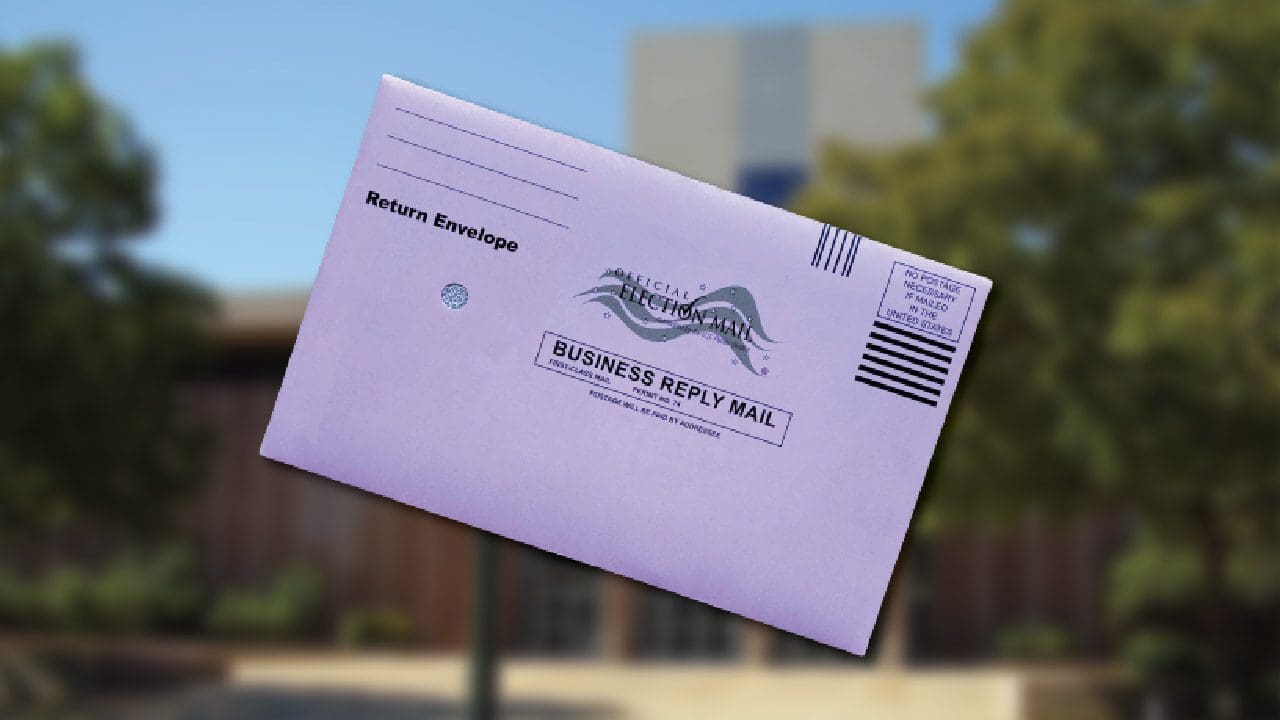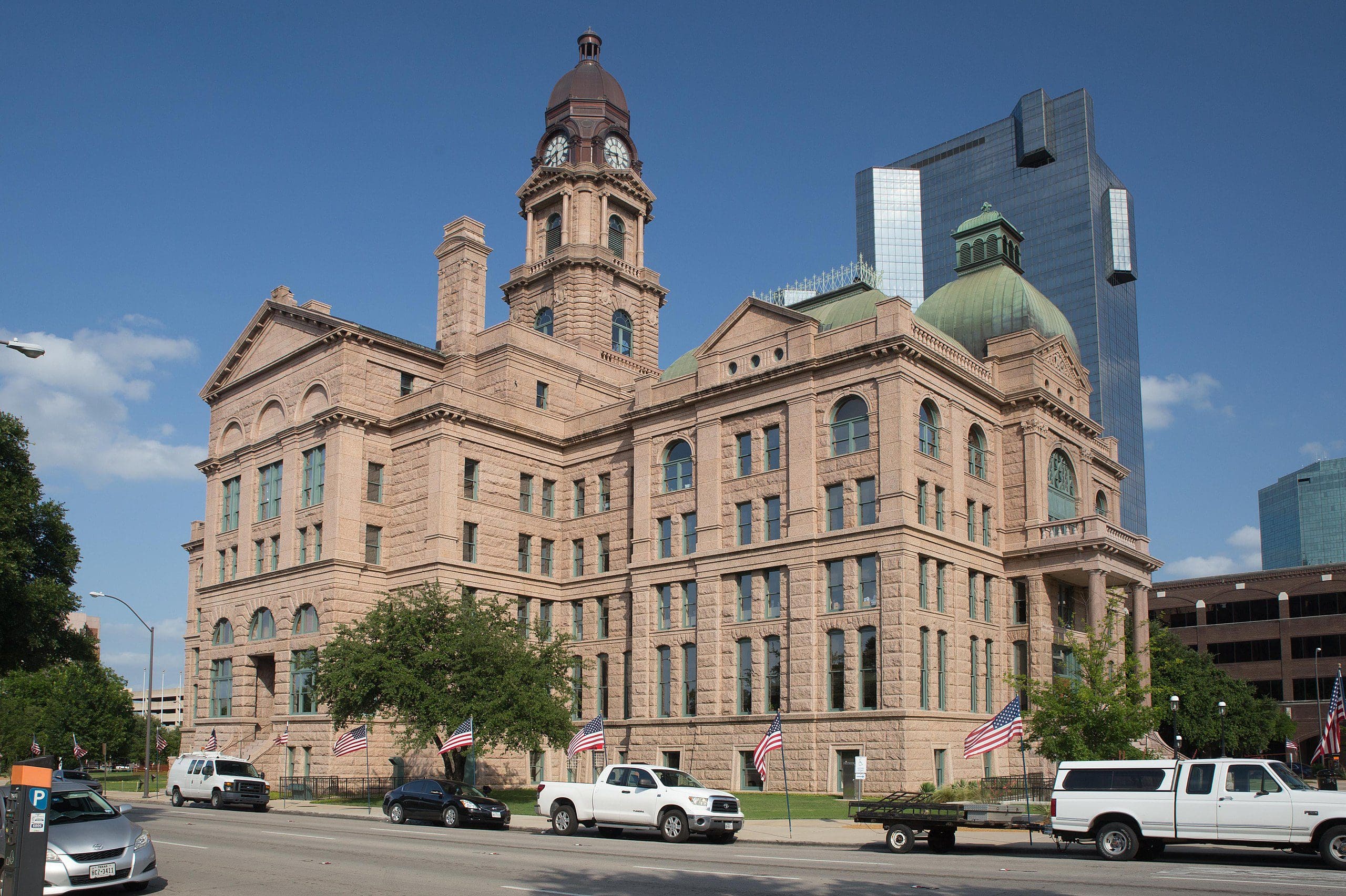A Texas Supreme Court ruling on what it means to “solicit” mail-ballot applications rejects an interpretation sought by Democrats suing to block new election integrity laws that punish officials who push people to vote by mail.
Friday’s ruling responds to questions sent to the state’s high court by the U.S. 5th Circuit Court of Appeals.
The appeals court is reviewing a preliminary injunction in Longoria v. Paxton, a federal lawsuit that pits Harris County’s disgraced Democrat Elections Administrator Isabel Longoria against Texas’ Republican Attorney General Ken Paxton.
Longoria’s lawsuit involves a “pre-enforcement” challenge to two Texas Election Code provisions enacted last year as part of Senate Bill 1, also known as the Election Integrity Protection Act of 2021.
Under one new section of the code (276.016), which took effect last December, it’s a felony if a public or election official acting in an official capacity knowingly “solicits the submission of an application to vote by mail from a person who did not request an application.”
Another new section (31.129) creates a civil penalty for officials who violate the anti-solicitation law.
The Texas Supreme Court ruled Friday that “soliciting” voters to submit mail-in ballot applications includes seeking applications from voters who are ineligible to vote by mail or who don’t request an application.
Longoria wanted the Court to interpret the law to apply only to soliciting ineligible voters.
“We must reject this interpretation, however, because it is inconsistent with the statute’s plain text,” the justices said:
Plaintiffs seek to use the alleged uncertainty over what speech constitutes solicitation to add words to the portion of the statute that unambiguously describes the object of the solicitation. They effectively ask us to rewrite the text to prohibit solicitation of “submission of an application to vote by mail from a person who did not request an application [and who is ineligible to vote by mail].” This reading is contrary to the statute’s plain text, and we therefore must reject it.
The opinion, delivered by Justice Rebeca Huddle, also concluded the meaning of “solicits” is not limited to “demands” that a person submit an application, though the Court declined to offer a “comprehensive definition.”
The Court also ruled that telling voters they have the opportunity to apply for mail-in ballots is not solicitation under the new law, which includes an exception for officials to provide “general information about voting by mail, the vote by mail process, or the timelines associated with voting.”
Longoria claimed the anti-solicitation and civil liability provisions “chilled” her from encouraging voters to lawfully vote by mail.
A political appointee hired in December 2020 with no prior election administration experience, she was forced to resign earlier this year after grossly mismanaging the March primaries.
Longoria’s predecessor, Texas Democrat Party Vice-Chair Chris Hollins, hatched a plan in mid-2020 to send mail-ballot applications to all registered voters in Harris County—eligible or not—using fear of COVID as an excuse to push universal voting by mail.
In Texas, only voters who are 65 or older, disabled, in jail, or out of the county during an election are eligible to vote by mail.
After a legal action filed by Paxton on behalf of the state, the Texas Supreme Court ruled in October 2020 that “the Election Code does not authorize an early-voting clerk to send an application to vote by mail to a voter who has not requested one.”
Lawmakers included provisions in Senate Bill 1 to clarify that public officials may not send unsolicited ballot applications or solicit voters to submit them. Solicitations received from election officials may lead voters to believe they are eligible to vote by mail when they aren’t or that they must submit an application in order to vote.
Two other certified questions from the U.S. 5th Circuit Court of Appeals were agreed on by the parties during arguments before the Texas Supreme Court on May 11: volunteer deputy registrars are not public officials, and thus are not impacted by the new law; and the attorney general lacks authority to enforce civil penalties for violations of the anti-solicitation law.
The federal appellate court will now decide whether to maintain a preliminary injunction pending final resolution of the election integrity case.





